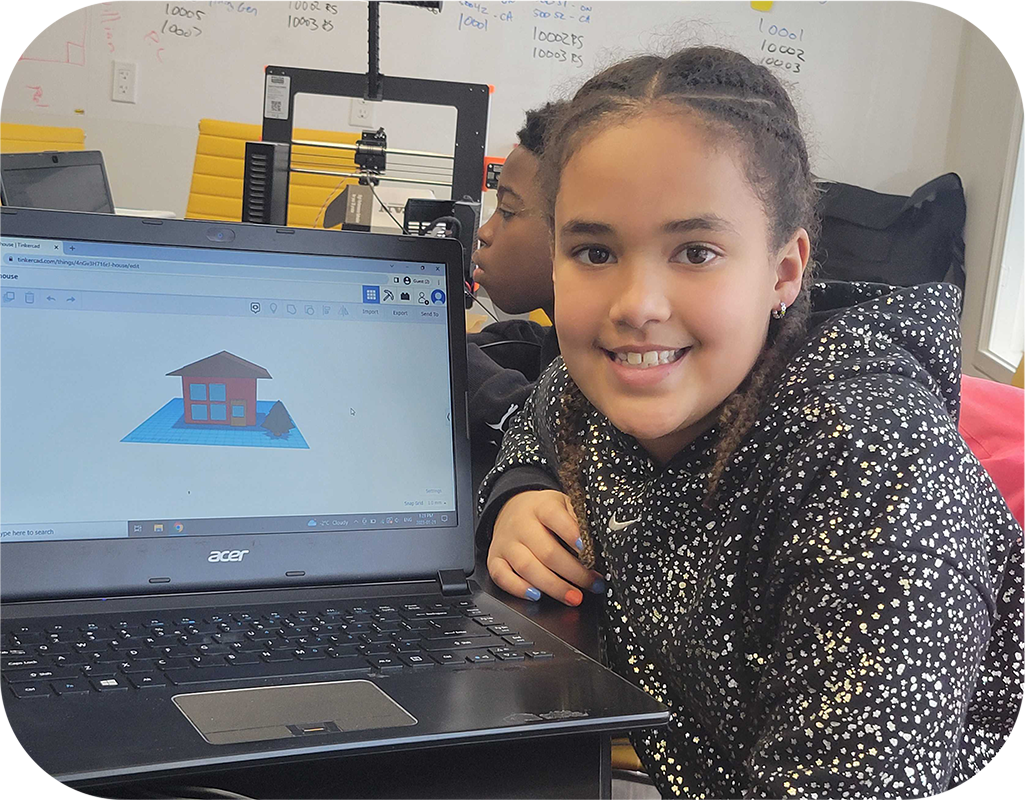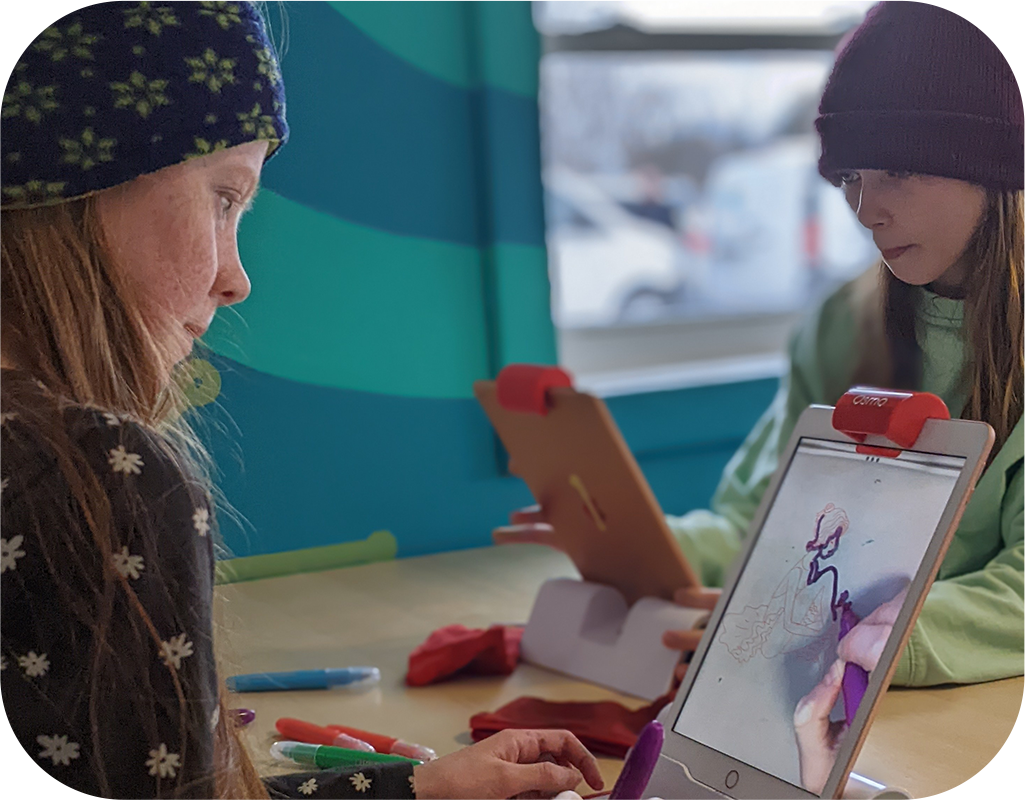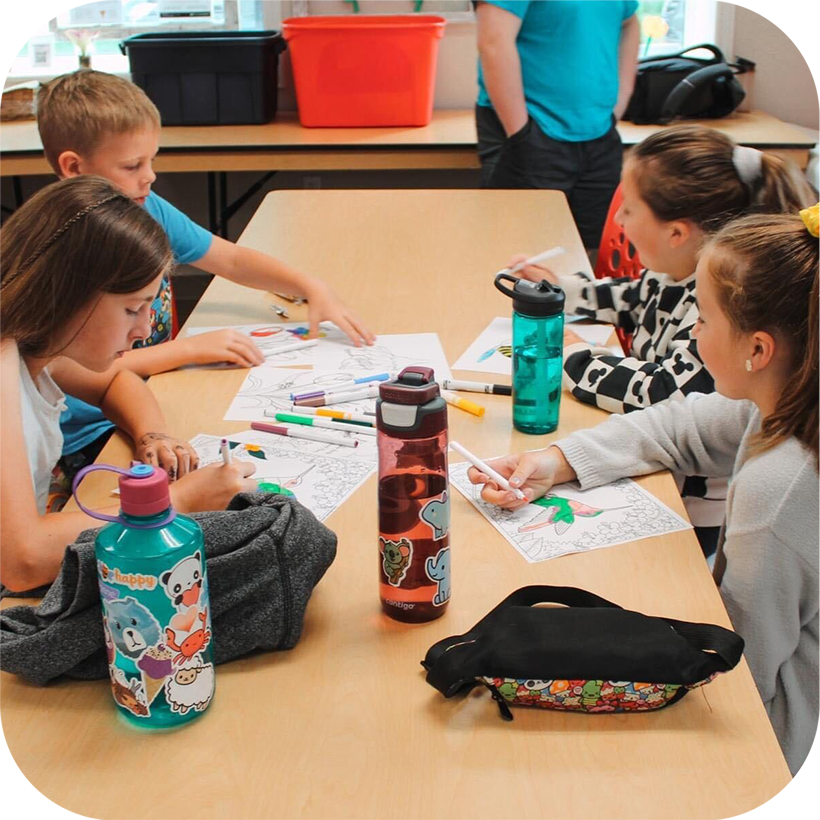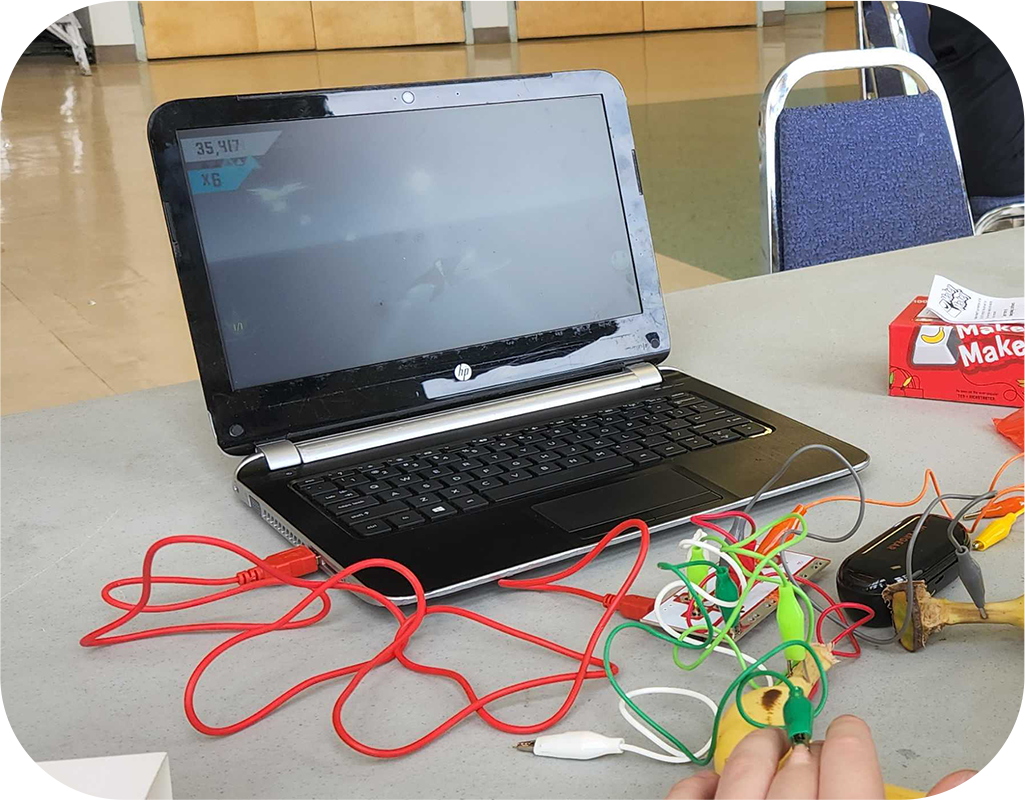Our Approach & Impact
A lifecycle approach, a STEAM premise, and co-designed results – this is Ampere
On this page, we explore three key pillars of Ampere’s approach to STEAM education:
1
The Lifecycle
2
STEAM vs STEM
3
Co-Design
The Lifecycle
Learning is a life-long journey, education must be too
Learning doesn’t “stop” – we’re all continuously learning, either passively or intentionally. A new job, a new technology, a new passion or interest – they’re all moments of discovery and education that allow us to create, communicate, collaborate and prosper, and to leverage all the power that STEAM creates.
Ampere’s Lifecycle illustrates our commitment to supporting learners in rural, remote and Indigenous communities, at all of these stages of learning and life. It isn’t a linear process – people are free to choose how and when they use our services, resources and opportunities. What’s important is that we’re there, to support with relevant, useful STEAM education, whenever they need it.

Education
We deliver interactive, educational experiences that push the limits of technology and cultural expression fostering learning and agency.
Ampere has developed and offers year-round learning opportunities and curriculum-based learning modules for in-person, remote, and teacher-led learning.
Resources
We believe that providing access to technology will disrupt the inequitable innovation flow between urban and rural and remote communities.
Through our Makerspaces, STEAM kits, and Computers for Success Nunavut, and other hands-on and digital resources, Ampere provides the tools and technology to help learners make, create, and discover.
Mentorship
We believe that mentoring will build capacity by amplifying voices, projects, and ideas and create mutually beneficial opportunities.
Ampere connects communities and industry professionals to provide one-on-one and group mentoring opportunities, giving learners the chance to explore STEAM in action, with expert guidance that reflects diverse experiences and backgrounds.
Employment
We believe that gaining digital skills will provide sustainable, local careers in Science, Technology, Engineering, Arts, and Math (STEAM) fields
Working with private and public partners, Ampere creates opportunities for learners to gain valuable work experience to see how STEAM knowledge is applied. We also offer jobs with Ampere to eager and enthusiastic learners seeking to utilize their STEAM training.
Production
We believe that supporting learners to become active innovators, creators, and leaders in the use of technology will lead to community growth and sustainability.
Ampere creates space for production and increased access to support, through our Makerspaces, online platforms, and in-house production team, for larger projects like original games and apps, live streaming and video production, and localized translations.
Advocacy
We believe that promoting equal access to technology and the development of digital skills in rural and remote communities will build a more connected and equal world.
Ampere advocates with communities for funding, resources, access, and for the fundamental importance of STEAM learning. We also support a North-to-South knowledge transfer, the development of local solutions, and the need for rural, remote, and Indigenous communities to have a seat where key decisions are being made.


STEAM vs STEM
Why STEAM, not STEM?
STEM education has always been about preparing people for careers in technical fields, from engineering to medicine to technology. It focused on specific hard skills for specific (hard) jobs. Along the way, people began to realize that this hard focus was creating a barrier for learners that were more artistically inclined, and multiple studies found that the STEM movement was less approachable for people from many cultures, and of different genders.
At the same time, the world began to change – technology and science created new jobs, new capabilities, new industries, and new ways to communicate and express ourselves.


What is STEAM?
STEAM is an experiential learning approach that delivers a foundational education in science, technology, engineering, art and math, but focuses on developing critical thought, collaboration, problem solving and innovation skills – the tools we need for an ambiguous future. Art is key here – it’s an equal outcome, it shapes the way we consider the other disciplines, and it makes education more accessible to all.
STEAM is founded in the knowledge that while the how of problem solving and innovation may change, the need for problem solving and innovation never will. It aims to nurture well-rounded people, able to meet that need. And it’s a perfect fit for an organization that aims to ensure learners from rural, remote and Indigenous communities can embrace the power that STEAM creates.

